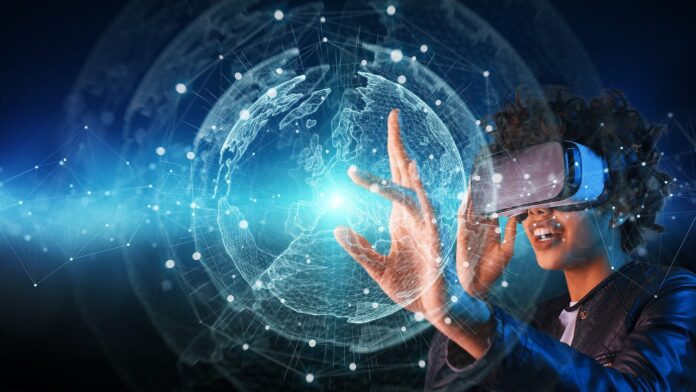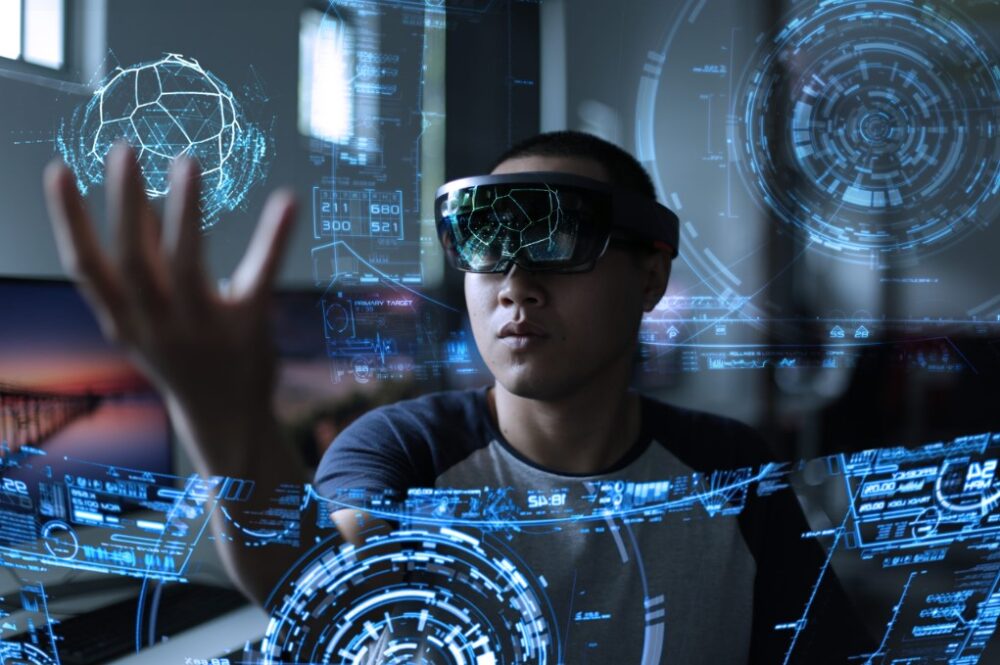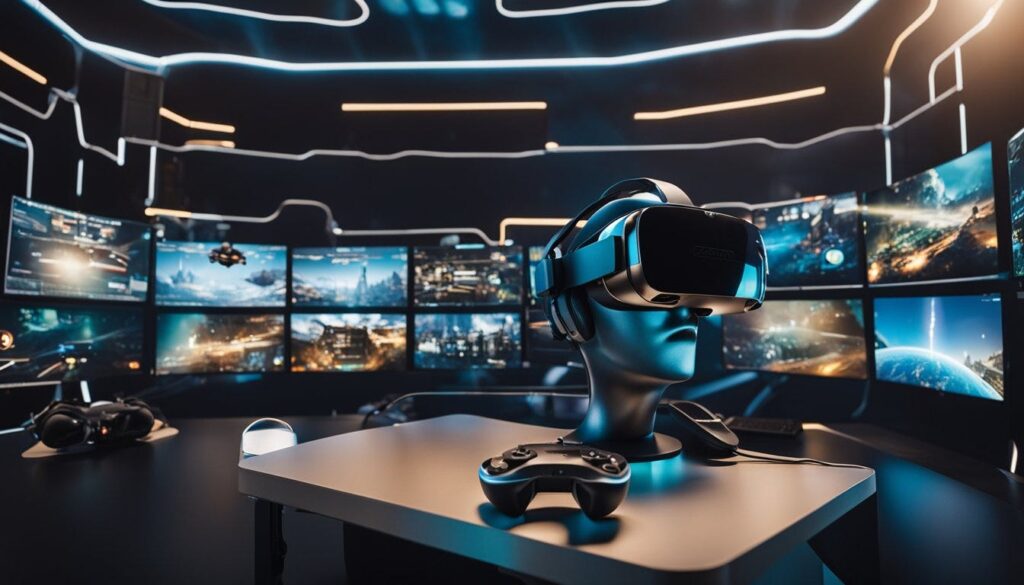
AI and Virtual Reality (VR) are merging to revolutionize entertainment, creating immersive, interactive experiences.
Let us talk about how they make entertainment different than it ever was.
1. AI-Enhanced Virtual Reality
Integration of AI in VR is transforming virtual environments into responsive and personalized experiences.
AI algorithms allow for natural language processing (NLP) in VR, enabling users to navigate and interact with their surroundings using voice commands. Gesture recognition further enhances user engagement by interpreting hand movements to manipulate virtual objects.
In education and healthcare, AI-enhanced VR provides personalized learning experiences and realistic training simulations. On the other hand, if you are looking for a bit more fun and entertainment, try free undress ai tool which is one of those apps that will certainly make you laugh.

2. Virtual Reality Breakthroughs in Entertainment
Recent technological breakthroughs have significantly enhanced the immersions of Virtual Reality (VR). Advanced VR headsets and haptic feedback devices now offer more realistic and engaging experiences, making users feel as though they are truly inside a virtual world.
Interactive storytelling in VR allows users to become active participants in the narrative, giving them the power to influence the story’s outcome based on their decisions. This transformation from traditional passive storytelling to an interactive format creates a deeper emotional connection with the audience.
In gaming, VR innovations have brought about lifelike graphics and deeper gameplay immersion. These advancements enable players to experience games in a way that feels tangible and realistic, from exploring richly detailed environments to interacting with virtual characters as if they were real.
However, with these advancements come challenges. Privacy concerns arise as VR systems often require access to personal data to provide customized experiences. Data security is another critical issue, as the sensitive information collected by VR devices must be protected from breaches.
Ethical considerations also play a significant role in the use of VR for entertainment. As VR content becomes more realistic, there are questions about the impact of virtual experiences on behavior and mental health. Additionally, ensuring that VR content is inclusive and accessible to all users is an ongoing challenge.
Despite these issues, the evolution of VR continues to push the boundaries of what is possible, offering unparalleled experiences that captivate and engage users in new and exciting ways.

3. AI in Gaming and Entertainment with Mai
Mai, an advanced AI companion, is redefining personalized gaming experiences. By adapting narratives and gameplay based on player actions and preferences, Mai creates dynamic and engaging experiences.
Beyond gaming, Mai enhances interactive media, providing immersive VR experiences that cater to individual user behavior.
AI’s ability to personalize content ensures that entertainment is tailored to each user, making it more engaging. Looking ahead, Mai’s impact on the gaming and entertainment industry promises even more innovative and personalized experiences.
The Bottom Line
AI and VR are jointly redefining the entertainment landscape, offering immersive and interactive experiences that were once unimaginable.
The future possibilities for AI and VR in entertainment are limitless, promising ever more engaging and personalized experiences.
We are sure you will find this insight to be of use.








